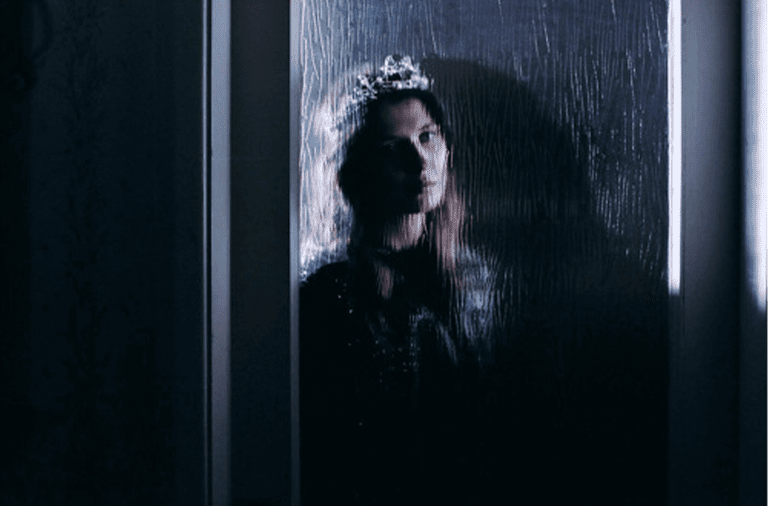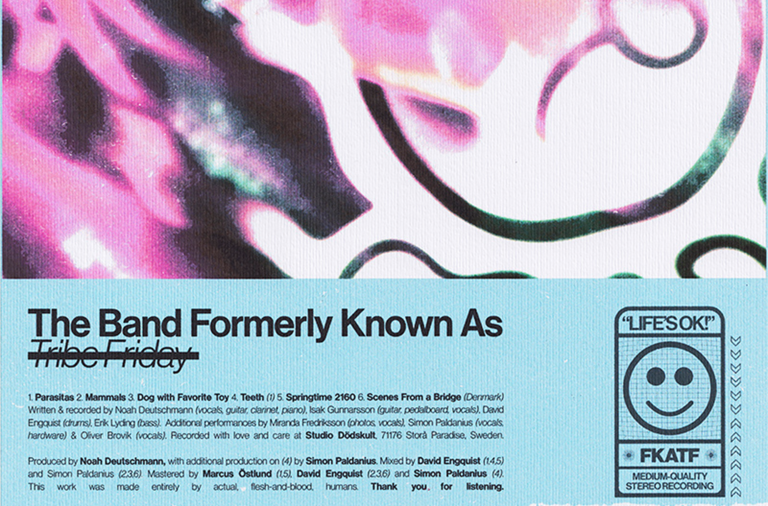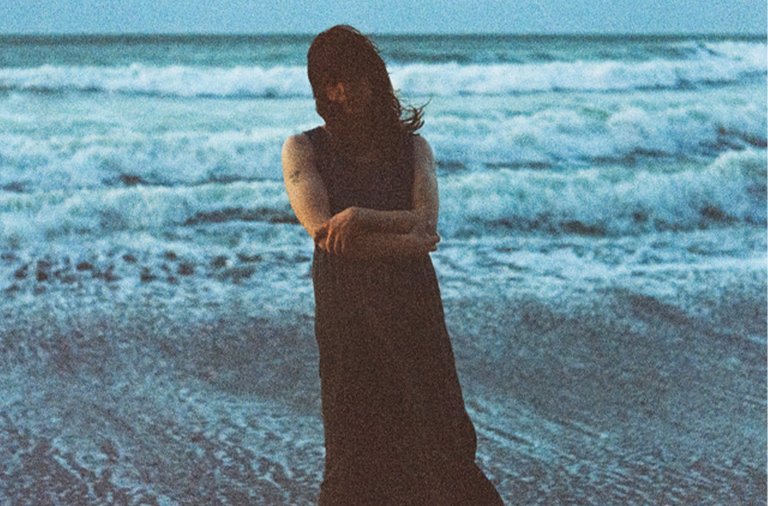The Head and the Heart have returned with Aperture, their first self-produced album since their self-titled debut. Released on May 9th, Aperture marks a turning point for the indie-folk band – not just sonically, but emotionally. A few weeks before its release, we had the chance to attend a 1824° press conference where the band offered intimate insights into the album’s creation. What became immediately clear: Aperture is a deeply collaborative record, made in unity and honesty.

Jonathan Russell (vocals, guitar) described the making of the album as “finally opening the aperture again,” echoing the album’s core theme, an expansion of emotional depth, artistic vulnerability, and personal growth. When asked about the creative process, he emphasised the joy and freedom of working without external producers. It allowed the band to reconnect with their earliest, rawest instincts. Charity Rose Thielen (violin, guitar, vocals) added that the record felt like “The Head and the Heart Two” – not a rebirth, but an evolution with a renewed sense of unity and trust. That trust is visible throughout the album, both in the instrumentation and in the deeply personal songwriting. The songs are tender, bruised, and hopeful: never shying away from pain, but always seeking light.
When asked about song recommendations for new listeners, the band suggested beginning with the first three tracks — and it’s easy to see why. They act as a mission statement for the rest of the record.
The album opens with ‘After the Setting Sun’, a touching track that gently sets the emotional tone. With echoing piano chords and soft guitar, it explores the delicate boundary between grief and resilience. The lyrics “I’m afraid I don’t know how to say goodbye” followed by “I will always miss you” signal an invitation to move forward without forgetting. It’s reflective and open-hearted, and it offers a quiet strength. Yet instead of sinking into grief, the song asks, “Oh, but what comes after the setting sun?” It’s an empowering message: loss doesn’t mean the end.
Next comes ‘Time With My Sins’, a song that unmistakably taps into the band’s folk and country roots. This track showcases the inclusion of banjo and harmonica – adding a sense of groundedness and authenticity that’s impossible to fake.
‘Arrow’ is a standout, both in its sonic build and lyrical message. Starting with a delicate piano and slowly swelling into a lush arrangement, they sing “There’s times I need direction, there’s times I need to roam,” before confidently declaring, “I am my own arrow, I am my own home.” This track beautifully captures the inner duality of needing others while also reclaiming one’s own autonomy, a theme that resonates throughout Aperture.
The tone lightens with ‘Beg, Steal, Borrow’, a breezy, almost summery song that features prominent piano and bass, giving it a relaxed, vibey feel. Charity’s vocals shine here with warmth and clarity. It’s followed by ‘Cop Car’, a raw, stripped-down track notable for being the first song drummer Tyler Williams sings on. The guitar-driven arrangement mirrors the song’s laid-back and honest atmosphere.
Emotion reaches new heights in ‘Blue Embers’, a heart-wrenching reflection on despair and connection. “Maybe we’ll find the time to walk again in the sun before the darkness that comes around for everyone,” they sing, before offering one of the album’s most touching lines: “Honey and I’ll believe in you only if you’ll believe in me.” It’s tender, sincere, and achingly human. It reminds us that we’re not alone in our darkness.
Then comes the chaos of ‘Fire Escape’, which kicks off with playful piano and the line “I woke up in the alley by the ashtray in the pink glow of the neon exit sign.” The band’s storytelling flair is on full display here, showing their comfort with messiness – both in life and in art.
‘Pool Break’ is a falsetto-led exploration of childhood longing and emotional inheritance. The lyrics depict a boy speaking to his father, expressing the desire for guidance and understanding. The repeated plea “Hold me in the sun, hold me like your son” is haunting, intimate, and full of love. The song’s poetic vulnerability is striking.
Towards the end of Aperture, we move into brighter emotional spaces. ‘Jubilee’ is a joyful ode to love and new beginnings. Repeating the line “I think I’m falling in love,” the track bursts with optimism. During the press conference, Tyler said it reminded him of spring — fitting, considering the album’s sense of rebirth.
‘West Coast’ is more ambivalent, exploring distance and disconnection. The track is about longing and the complex tension between two places, or perhaps two versions of yourself. The repeated “I don’t want to say goodbye” is emotionally resonant, especially as it blurs the line between geographical and emotional separation.
Charity takes center stage again on ‘Finally Free’, a piano-led ballad that builds very gently. It begins almost as a solo performance, her voice quivering with vulnerability. Little by little, other instruments appear, but the song remains delicate. It’s a song about letting go and the quiet courage that comes with it. The lyrics are poetic and haunting: “Don’t run away / I’d never be the same / If you walk out on me.” It’s perhaps the album’s quietest and most powerful cry.
Finally, the title track, ‘Aperture’, brings the album to a close with a sense of spiritual clarity. Charity explained that the title refers to learning to “open up the aperture”—to widen your perspective and embrace the unknown. The song’s lyrics “There is no end and no beginning / There’s only now” leave listeners with a message that transcends the music itself. It’s a fitting finale to a record that feels timeless, deeply personal, and full of questions rather than answers.
With Aperture, The Head and the Heart offer a masterclass in songwriting, emotional storytelling, and musical cohesion. Listening to the album feels like sitting with an old friend. Someone who’s willing to tell you the truth, no matter how painful, but who still believes things can get better. This album isn’t just a return to form; it’s a deeply human reflection on growth, grief, and self-acceptance. The Head and the Heart have never sounded more sincere. They’ve offered a window into their collective soul — wide open, wounded, and glowing.
Written by: Justine Kostka
Edited by: Laura Finkler



